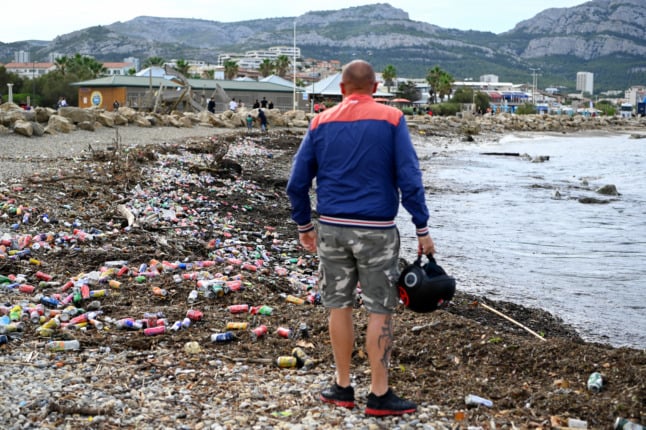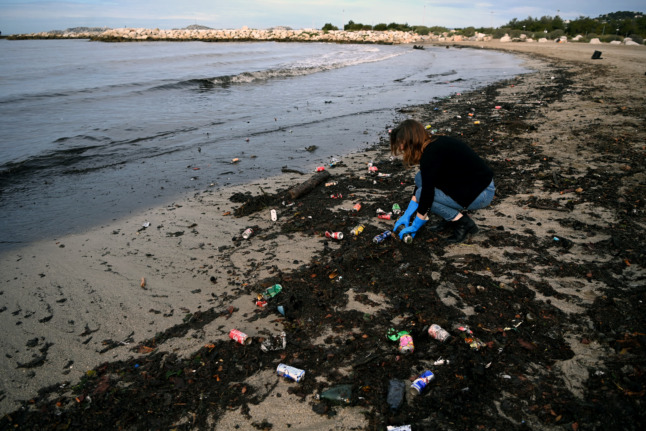The gritty Mediterranean port city, long known as a hotbed of crime, has been struck by a wave of murders with assault rifles in turf wars over the
lucrative illegal drug trade.
The latest on Wednesday night saw Walid Marzouki, a 25-year-old suspected trafficker, riddled with bullets in a car, bringing to 14 the number of people killed in drug-related shootings in the city this year.
The violence prompted a local official to appeal for the army to be sent in to control drug-affected neighbourhoods, but the call was rejected quickly by senior officials including President Francois Hollande.
"It is not the army's place to control neighbourhoods," Hollande told journalists during a trip to Madrid.
"This is the work of the police, who must be strengthened in Marseille in order to eradicate this violence, crime and trafficking."
Prime Minister Jean-Marc Ayrault's office said he would chair a meeting with senior ministers, including the interior, justice and finance ministers,
next Thursday to tackle Marseille's problems.
"This situation must not continue," Ayrault told journalists, saying the meeting will "show the government's determination" to tackle the violence.
Samia Ghali, a senator and district mayor who represents two high-risk neighbourhoods in Marseille, had earlier called on the government to resort to military force to control the situation.
"It no longer makes any difference to send in a police car to stop the dealers. When 10 of them are arrested, 10 others take up the torch. It's like
fighting an anthill," she said.
"Faced with the weapons of war being used by these networks, only the army can intervene," she told local newspaper La Provence, adding that troops should set up barricades around neighbourhoods known as trafficking hubs.
Interior Minister Manuel Valls said there was no question of calling in the military but vowed police would take tough measures.
"It is out of the question for the army to respond to these tragedies and crimes. There is no internal enemy," Valls told journalists.
But he promised a "comprehensive, in-depth and particularly strong" response to the shootings.
Wednesday's death was the second in less than a week, after that on Saturday of another 25-year-old man, Benamar Hamidi, who was shot shortly after being released from prison.
Prosecutor Jacques Dallest said it was the 19th such death in the Marseille region so far this year and the 14th in the city, compared with 16 and 12
respectively in the whole of 2011.
Marseille has suffered from years of deadly gun violence linked with organised crime and the proliferation of illegal weapons, especially Soviet-designed AK-47 Kalashnikov assault rifles.
Police have complained of lacking resources to fight drug gangs and David-Olivier Reverdy, a spokesman for the Marseille branch of the Alliance
police union, said talk of calling in the military didn't help.
"France is not at war," he said. "Better to give us the means to fight against underground traffickers."



 Please whitelist us to continue reading.
Please whitelist us to continue reading.
Member comments